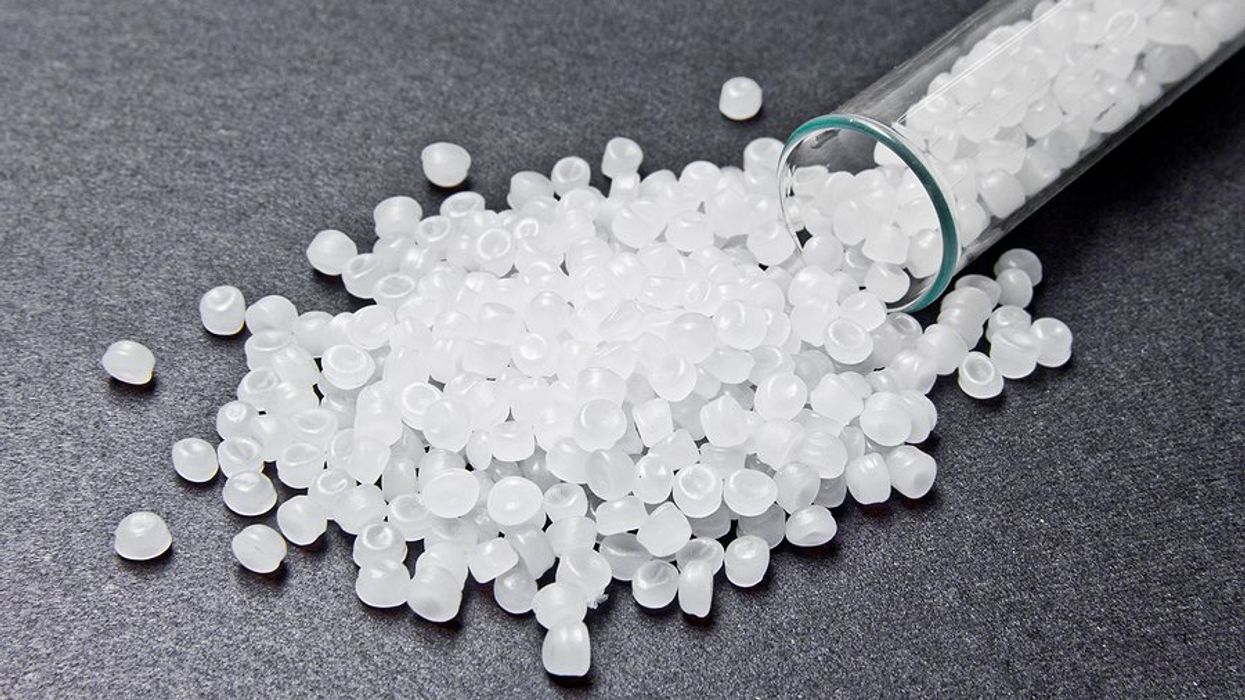Health Secretary Robert F. Kennedy Jr. has persuaded major food companies to begin phasing out artificial dyes, but candy makers like Mars remain reluctant to follow suit without federal mandates.
Sheryl Gay Stolberg and Julie Creswell report for The New York Times.
In short:
- Companies including Kraft Heinz, Nestlé, and PepsiCo have agreed to remove petroleum-based dyes from processed foods by 2026, but Mars, which makes M&M’s, has not joined the initiative.
- Industry advocates cite technical and economic hurdles to replacing synthetic dyes, including cost, supply limitations, and consumer preference for bright colors in candy.
- Some states are stepping in with policies to ban or label products with artificial dyes, with West Virginia and Texas introducing regulations starting in 2027 and 2028.
Key quote:
“If people are celebrating and eating treats, they don’t want to be tasting beets.”
— Kirk Vashaw, CEO of Spangler Candy
Why this matters:
Synthetic food dyes, found in many brightly colored candies and cereals, have long been controversial. A growing body of research, including reviews by California health agencies, links some of these dyes to behavioral issues in children, especially those with ADHD. Red Dye No. 3 has already been flagged as a potential carcinogen. While Europe has restricted or banned many of these additives, U.S. regulations have lagged behind, leaving American consumers — especially children — more exposed. The stakes are high: Nearly one in five processed foods contain synthetic dyes. As federal efforts rely on voluntary compliance, states may play a larger role in shaping the food supply and protecting public health.
Read more: Major food companies drop artificial dyes as scrutiny grows over health risks














